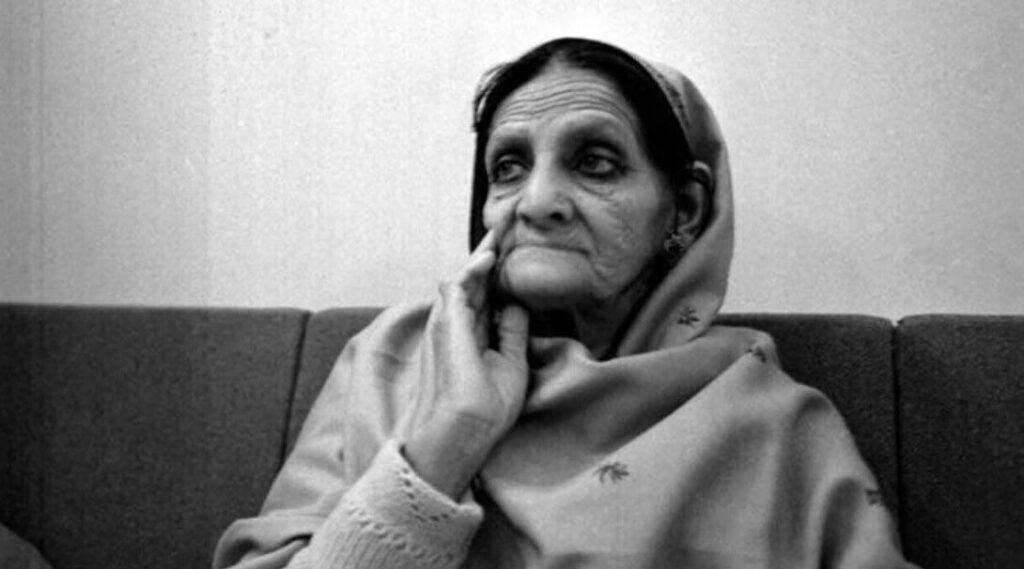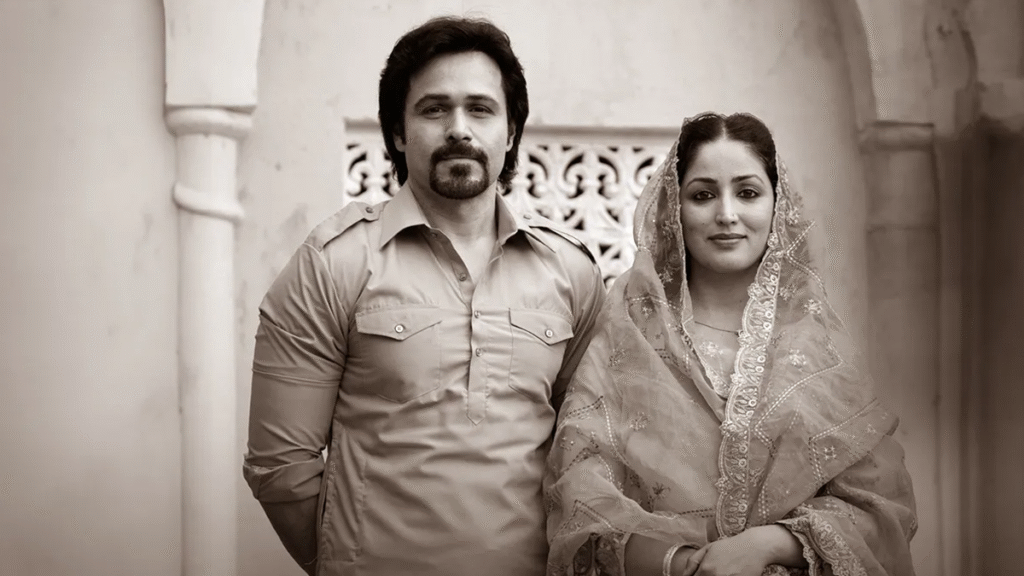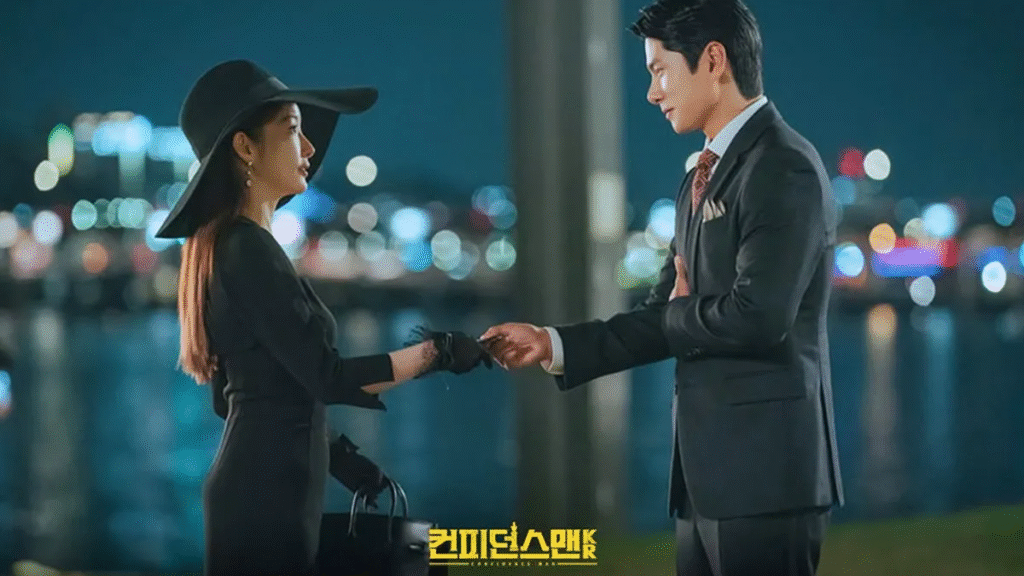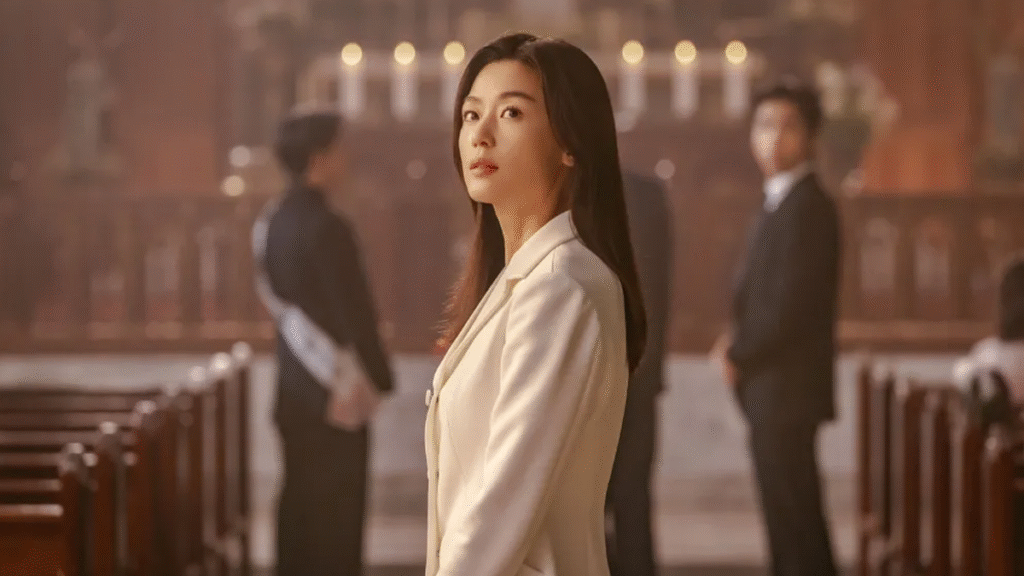Bollywood is revisiting one of India’s most debated legal battles — the Shah Bano case of 1985 — through its upcoming film Haq. Starring Yami Gautam Dhar and Emraan Hashmi, the film releases on November 7, 2025, and reopens discussions around Muslim women’s rights and the Uniform Civil Code (UCC).
The Real Story of Shah Bano
In 1978, Shah Bano Begum, a 62-year-old woman from Indore, went to court after her husband Mohammed Ahmed Khan divorced her and refused to provide maintenance beyond the 90-day iddat period under Muslim personal law.
What began as a plea for ₹500 monthly alimony soon reached the Supreme Court, which had to decide whether personal religious laws could override the Criminal Procedure Code (Section 125) — a law that ensures maintenance for divorced women irrespective of religion.
On 23 April 1985, a five-judge bench led by Chief Justice Y.V. Chandrachud ruled in favor of Shah Bano. The judgment held that:
- Muslim women are entitled to maintenance even after the iddat period.
- Section 125 CrPC applies equally to all Indians.
- Personal laws cannot supersede constitutional rights of equality.
The verdict also included a strong observation: “A common civil code will help national integration by removing conflicting loyalties to different laws.”

Backlash and Political Fallout
The decision triggered protests by conservative Muslim groups who saw it as interference in religious matters. Facing pressure, Prime Minister Rajiv Gandhi’s Congress government introduced the Muslim Women (Protection of Rights on Divorce) Act, 1986, which restricted maintenance to the iddat period and shifted responsibility to relatives or Waqf boards.
This legislation diluted the progressive spirit of the Supreme Court’s judgment. Under pressure from her community, Shah Bano herself withdrew her claim, distancing from the case that bore her name.
From Courtroom to Cinema: The Film Haq
Directed by Suparn S Varma (The Family Man, Rana Naidu), Haq dramatizes this pivotal case. The film takes creative liberty by renaming characters:
- Yami Gautam Dhar plays Shazia Bano, inspired by Shah Bano.
- Emraan Hashmi portrays Abbas, based on Ahmed Khan.
- The movie is produced by Junglee Pictures, Insomnia Films, and Baweja Studios.
- Music is composed by Vishal Mishra, and screenplay by Reshu Nath.
The story is adapted from Jigna Vora’s book “Bano: Bharat ki Beti” and features performances from Sheeba Chaddha, Danish Hussain, and Aseem Hattangady.
The film’s tagline, “Kaun dilaega haq, kaum ya kanoon?” (Who will deliver justice — the community or the law?) captures its core theme.
Why This Case Still Matters
Nearly four decades later, the Shah Bano case continues to influence Indian legal debates. Subsequent rulings like Danial Latifi v. Union of India (2001) reaffirmed Muslim women’s right to maintenance, partially restoring what the 1986 law had taken away.
Today, as the Uniform Civil Code debate resurfaces in political discourse, Shah Bano’s case remains a reminder of how legal battles can redefine women’s rights — and how political compromises can dilute judicial progress.
Cultural Impact of Haq
By bringing the Shah Bano story to cinema, Haq aims to introduce a new generation to one of India’s most important legal controversies. The film is expected to spark fresh conversations around:
- Gender equality vs. personal laws
- Religion vs. Constitution
- The role of cinema in shaping public memory of historic cases
Yami Gautam’s powerful courtroom dialogues from the teaser already hint at the emotional depth of the film: “I belong to this country, and the law should treat me the same as everyone else.”
Conclusion
The Shah Bano case was more than a personal fight — it became a turning point in the struggle between personal laws and constitutional rights in India. With Haq, Bollywood isn’t just retelling history; it’s reminding us that questions raised in 1985 are still unresolved in 2025.
As the film hits theatres this November, audiences will not just watch a courtroom drama, but also confront the timeless question: What matters more — community traditions or the Constitution?


